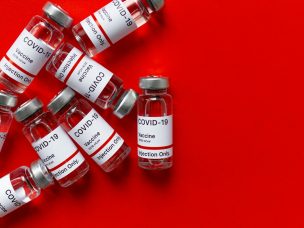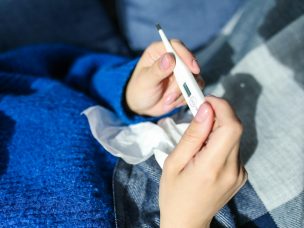MONDAY, Oct. 19, 2020 (HealthDay News) — Mental health disorders are common in health care workers (HCWs) during and immediately following a pandemic, according to a review published online Oct. 15 in the European Journal of Psychotraumatology.
Sophie M. Allan, from the University of East Anglia in the United Kingdom, and colleagues estimated the prevalence of common mental health disorders in HCWs based in hospitals where pandemic-affected patients were treated. The estimates of the prevalence of mental health disorders were obtained for four time windows: the acute phase during and up to 1.5 months after the pandemic, 1.5 to 5.9 months, six to 11.9 months, and 12 months and later. Data were included from 19 studies.
The researchers found that the studies predominantly addressed the acute phase of the severe acute respiratory syndrome outbreak in Asia. Clinically significant posttraumatic stress symptoms (PTSS) and general psychiatric caseness were the most studied outcomes. The prevalence estimate was 23.4 percent for clinically significant PTSS in the acute phase and 11.9 percent in the 12 months-plus window. For general caseness, the prevalence estimates were 34.1, 17.9, and 29.3 percent for the acute phase, six to 12 months, and 12 months plus.
“Overall, there are not enough studies examining the impact of pandemics on the mental health of health care staff,” Allan said in a statement. “More research is needed that [focuses] on COVID-19 specifically and looks at the mental health of health care workers longer-term.”










